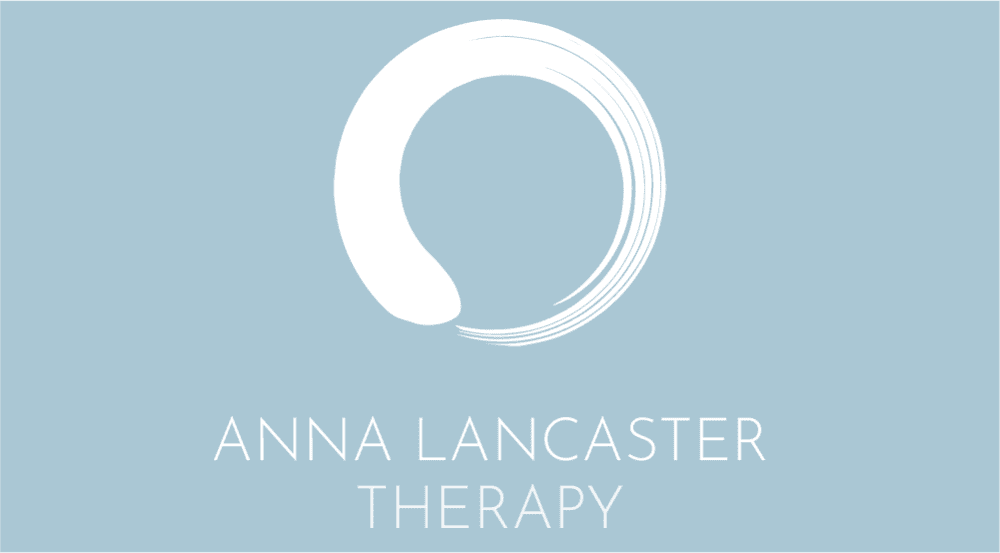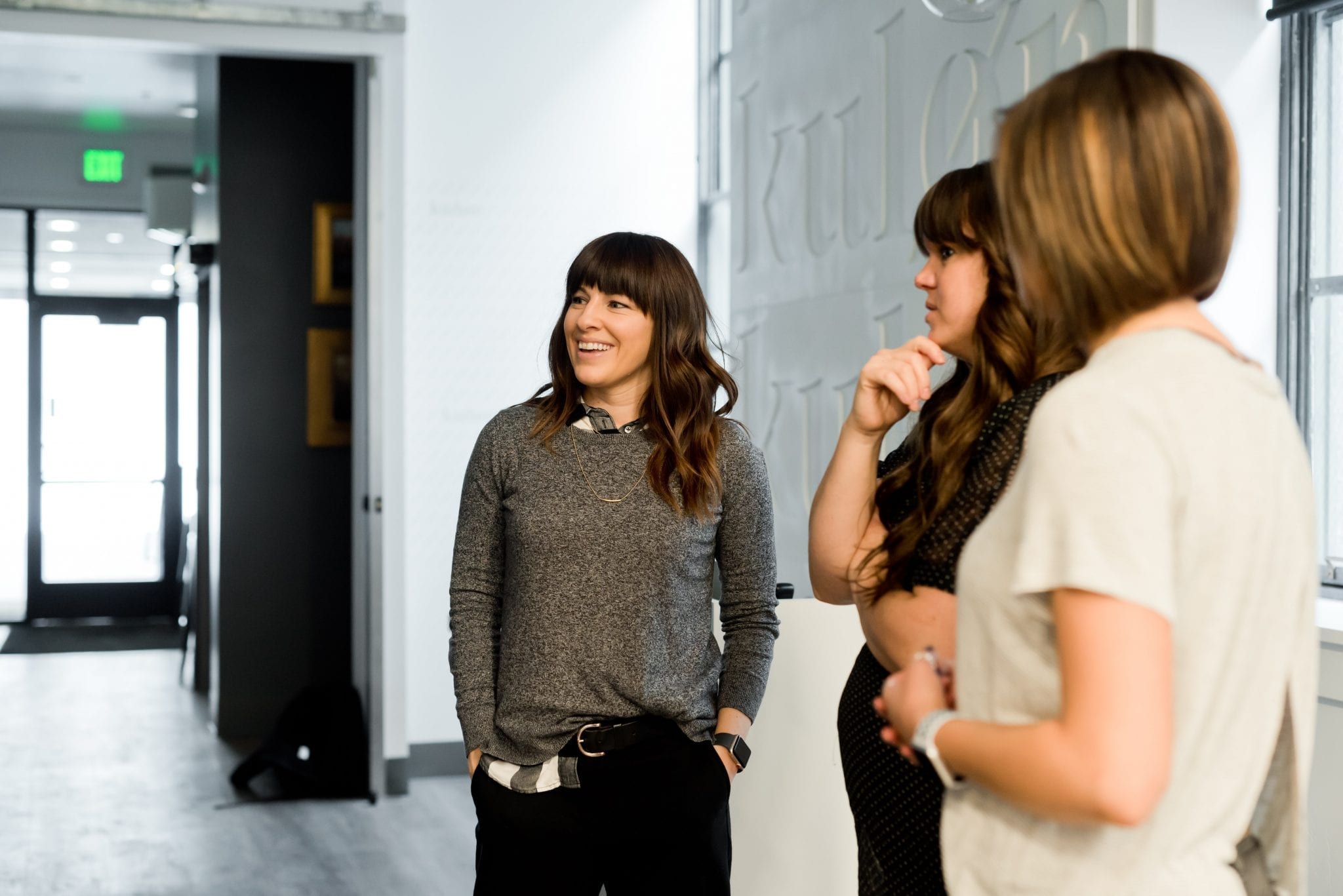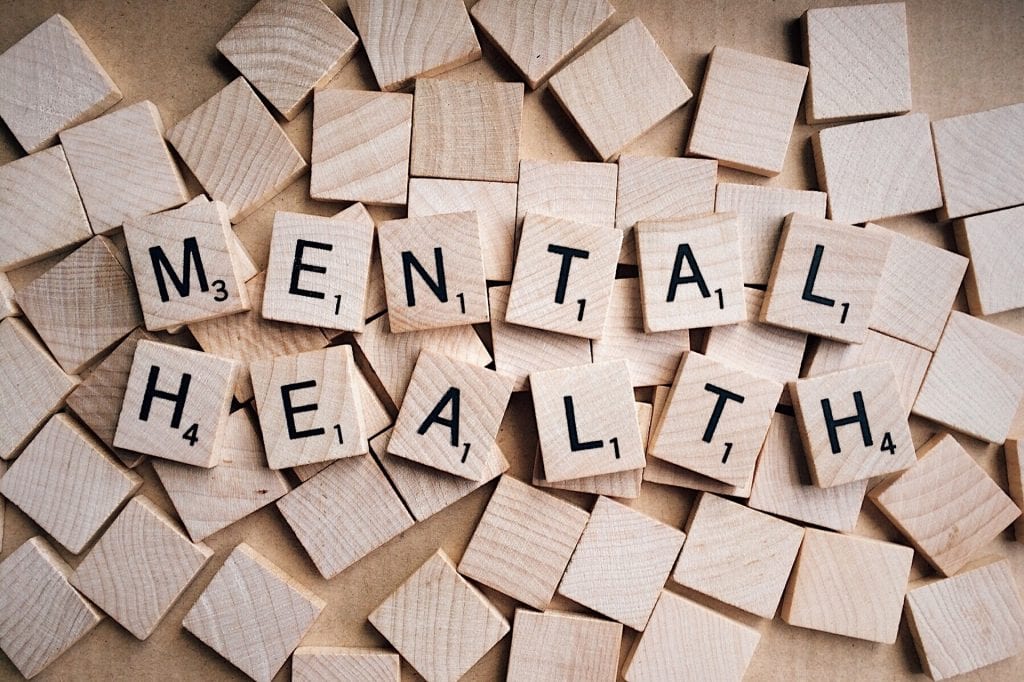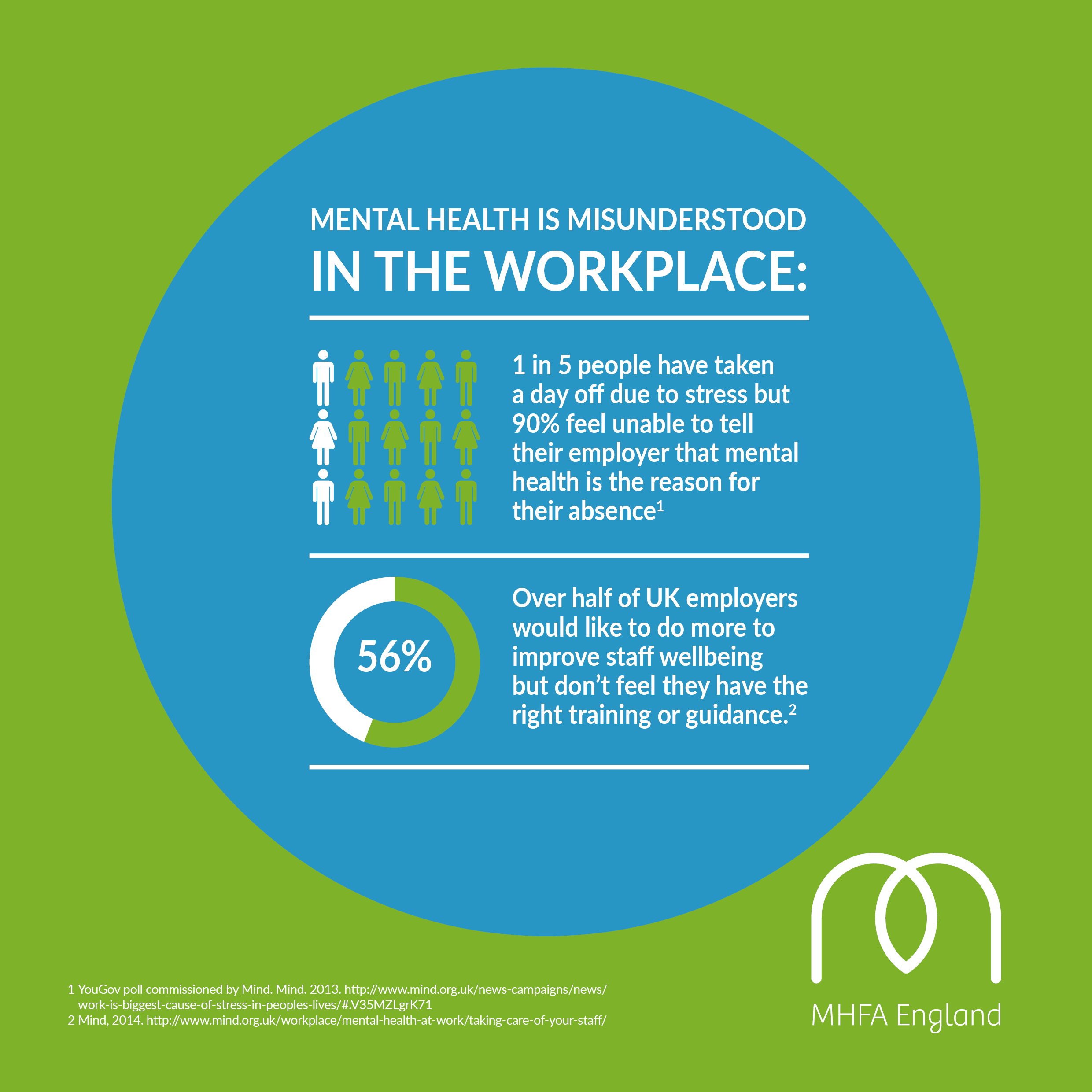
‘Faith is an oasis in the heart that will never be reached by the caravan of thinking’
Khalil Gibran
How often do you find yourself overthinking when you’re stressed?
Totally stuck in your head or going round in circles with no end?
It makes sense to think we can think our way around things but sometimes, getting out of our heads and into our bodies is the best thing we can do. Y’see, without learnt tools to master our minds, our brains are designed to keep us stuck focusing on the negative and continuing to do what we’ve always done. Not very evolved, hey?!
Case in point – a career coaching client who was so stressed she was really quite depressed and unable to move forward had a 360 about-turn when she took her focus off thinking about careers and instead reconnected with doing the things that brought her fun and joy in life.
All the things that took her out of her head whether cooking, drawing, running or seeing her friends.
And boom! Then the clarity came – from being more and thinking less. Like a counter-intuitive detour around stress. The renewed energy and clarity came from moving her body rather than just sitting in the stasis of thought. Ironic, isn’t it, that when we stop thinking so much, sometimes we unlock feelings that guide the way.
As the legendary Dr Wayne Dyer says: ‘Think less, feel more’.
What do you do that brings you joy and gets you out of your head? When did you last have this experience? And what were the results?
For me it might be things like travelling, local adventures, meeting new people, working in new cafés, or doing a new activity like paragliding in the wilds of Italy above. Connecting with free spirits in sublime nature is always a sure fire way for me to change my state and get clarity on confusion. Note – most of these things involve movement – as Tony Robbins says: ‘Motion equals emotion’.
What one change can you make today to get out of your head and into your body?
How would that feel?
And what’s the best possible outcome?
















